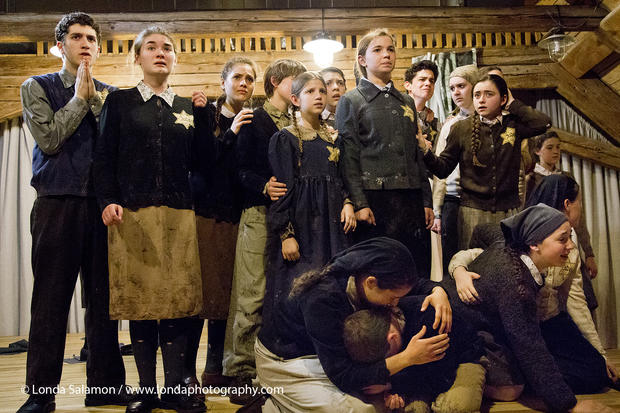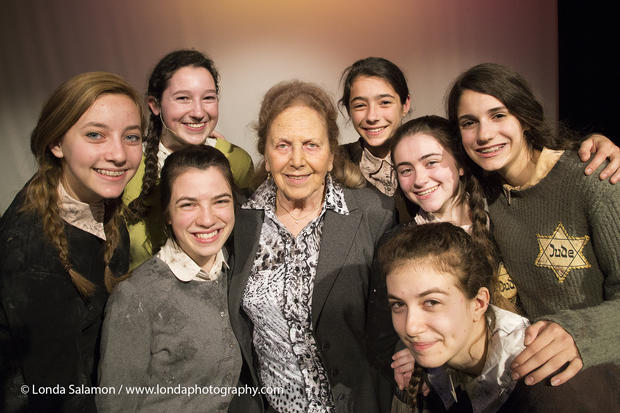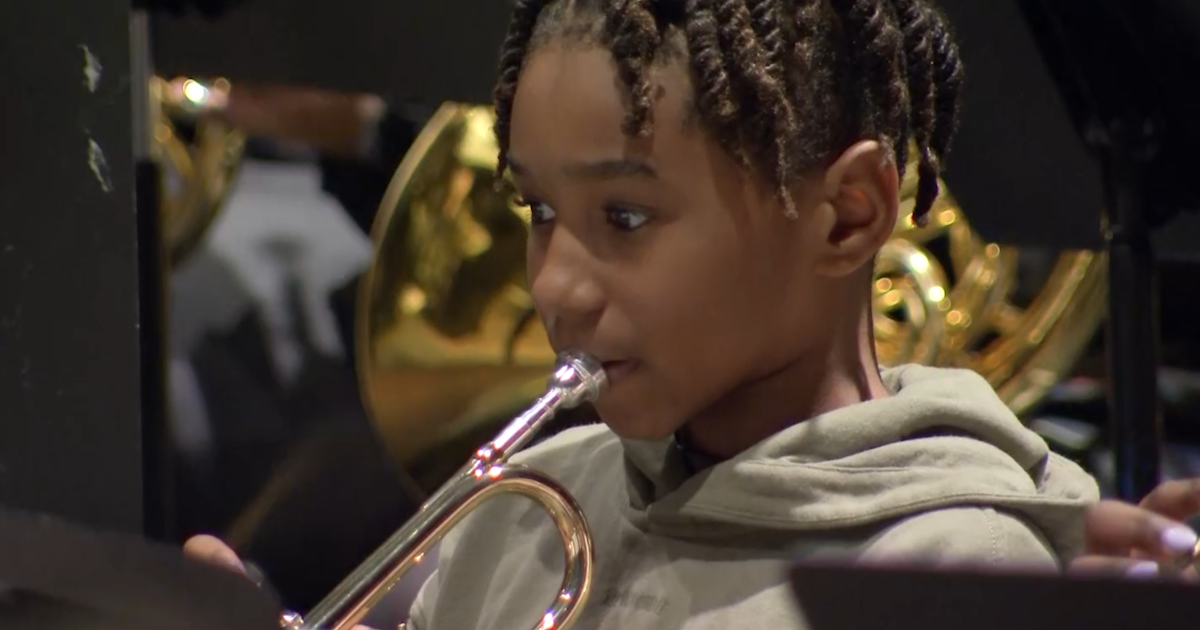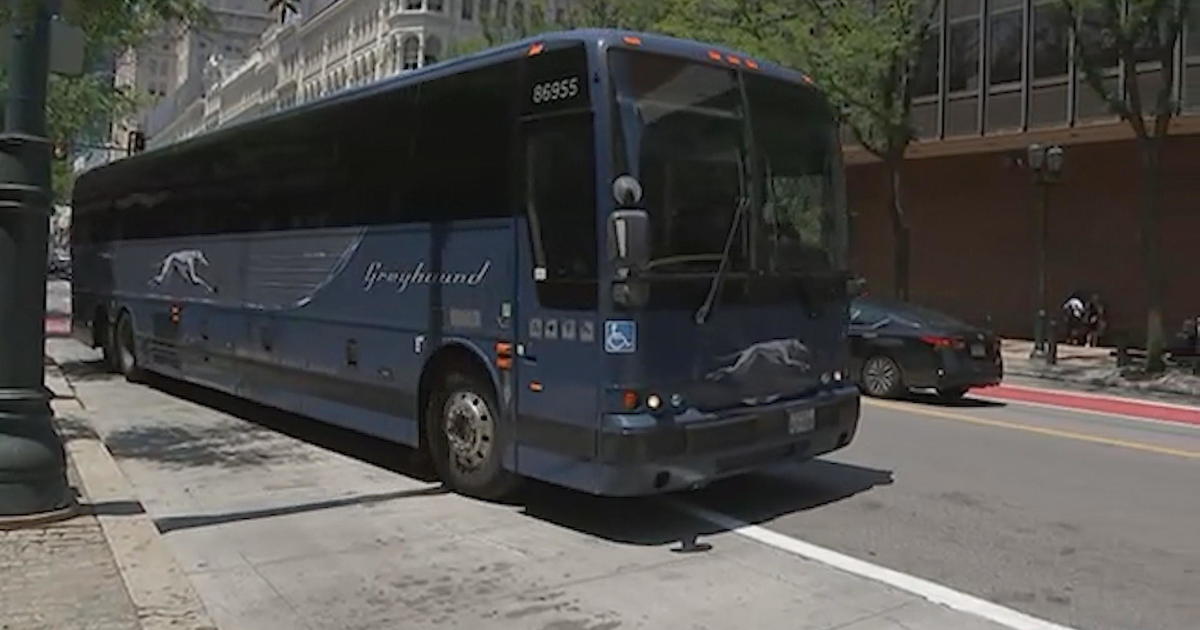Local Theater Group Returns From Czech Republic After Holocaust Performance
By Molly Daly
PHILADELPHIA (CBS) -- Thirty-two young actors from a Lower Merion theater group returned last week from the Czech Republic, where they performed a play inspired by a book collecting the art and poetry created by the children of the Terezin concentration camp.
And the troupe from the Wolf Performing Arts Center put on the show on the former camp's stage.
Terezin was a fortified village with a population of 7,000.
The Nazis turned it into a concentration camp they called Theresienstadt, cramming 60,000 Jews within its walls, many of them musicians and artists.
Wolf Performing Arts Center founder Bobbi Wolf says "I Never Saw Another Butterfly" tells the story of Terezin's young prisoners.
"Of the 16,000 children," says Wolf, "less than 100 survived," Wolf says.
In June of 1944, the Nazis presented the Terezin as a "model ghetto," Wolf says it was a ploy to con the world, "cleaned it up for 48 hours so the Red Cross could come in and say 'this isn't so bad,' but it was all a hoax, it was all illusion."
They staged and filmed the children's opera, Brundibar.
Ten days ago, Marcel Werder and his cast-mates performed "I Never Saw Another Butterfly," based on the imprisoned children's art and poetry, on Terezin's Attic Stage.
Werder says "we were performing in the room where they performed Brundibar. And it was surreal."
84 year old Raja Englanderova is one of the camp's survivors, and was at the Wolf PAC performance.
Megan Rapuano plays the character based on and named for Raja:
"I didn't really expect it to be as emotional as it was. Just by her being there, I felt more connected to it."
Nina McKay says the experience left her with a deeper appreciation of her freedom, and the prisoners' lack of it:
"There were times at the camp when I'd walk into a room, and I'd think, 'Okay, no, I can't do this one.' And I'd turn around and I'd walk out. Because I could do that. And the knowledge that they couldn't and that a door would close behind them, I can't imagine that."
Terezin was liberated in May of 1945, but not before tens of thousands who passed through its gates died as a result of the overcrowded conditions, or were shipped to death camps.
Nina says the world must never forget:
"We have to make it so that there won't always be genocides going on. And that's our job -- our work isn't done. Liberation wasn't the end. We have to stop it. And we have to prevent it."





